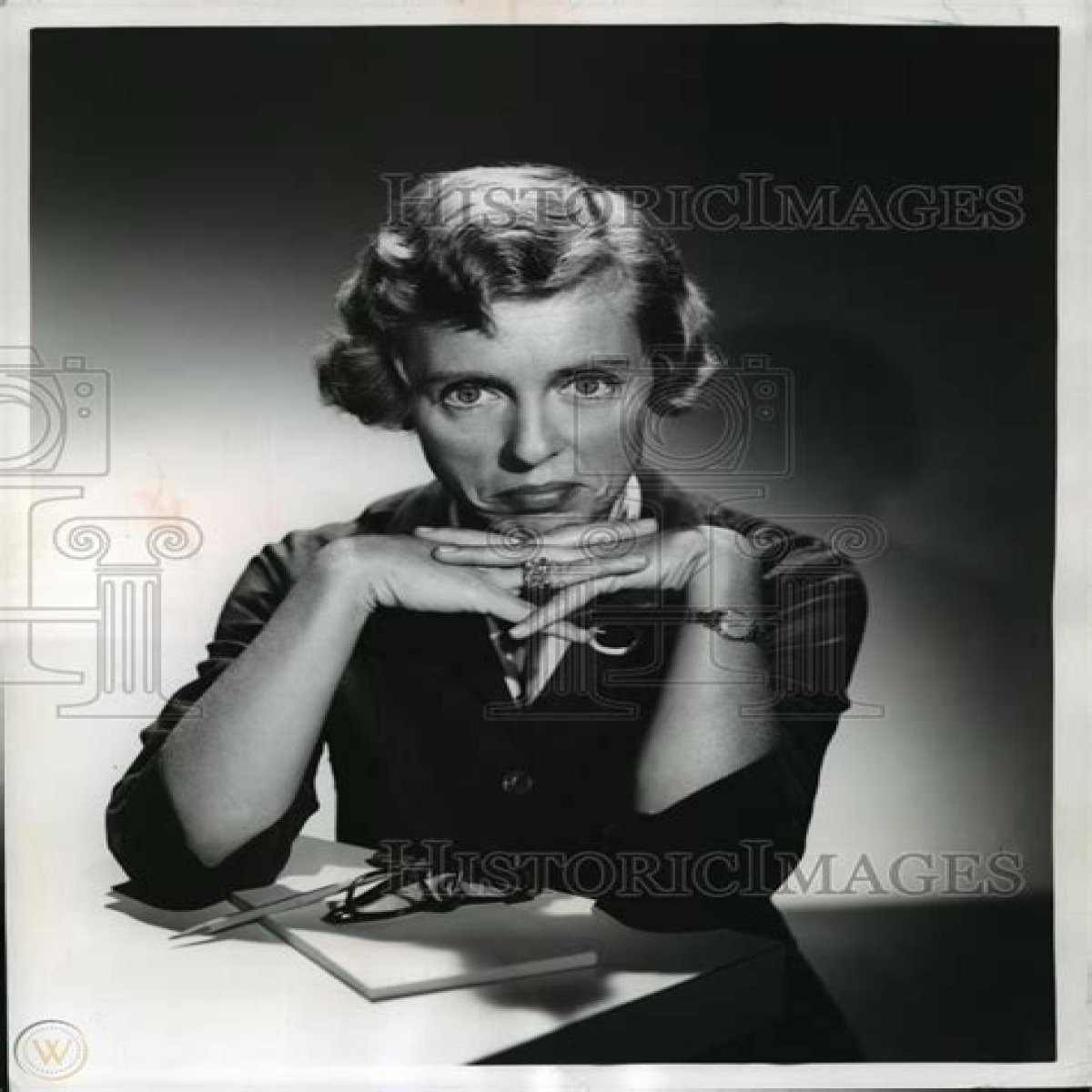Nancy Kulp, renowned for her role as Miss Jane Hathaway on the classic television series "The Beverly Hillbillies," has long been a subject of fascination and intrigue. While her on-screen persona was beloved by many, her personal life, particularly her sexual orientation, has also drawn attention. In this article, we will delve into the life of Nancy Kulp, exploring her career, personal experiences, and the discussions surrounding her sexuality as a lesbian. The complexities of her identity and the societal context of her time provide a rich tapestry for understanding the woman behind the iconic character.
The narrative surrounding Nancy Kulp's life is not just about her television success; it also encompasses her activism and her relationships, which have sparked conversations about sexuality in Hollywood. While Kulp never openly identified as a lesbian during her lifetime, her close relationships with women have led many to speculate about her sexual orientation. This article aims to shed light on these aspects, celebrating her contributions to entertainment while examining the implications of her life as a perceived lesbian icon.
As we navigate through Nancy Kulp's story, we will uncover intriguing details about her biography, delve into her professional achievements, and discuss the impact of her personal life on her public persona. Through this exploration, we hope to provide a comprehensive understanding of Nancy Kulp, not only as an actress but also as a woman whose life reflects the complexities of love, identity, and societal norms.
What Was Nancy Kulp's Early Life Like?
Nancy Kulp was born on April 28, 1921, in Harrisburg, Pennsylvania. Growing up in a modest environment, she showed an early interest in performing arts. After graduating from high school, Kulp attended the University of Florida, where she obtained a degree in journalism. However, her passion for acting led her to pursue a career in entertainment, eventually moving to Hollywood to fulfill her dreams.
How Did Nancy Kulp Rise to Fame?
Kulp's big break came in the 1960s when she landed the role of Miss Jane Hathaway in "The Beverly Hillbillies." Her portrayal of the sophisticated yet endearing character made her a household name. The show, which aired from 1962 to 1971, became a cultural phenomenon, and Kulp's performance was widely praised. Beyond her television fame, she also appeared in various films and television shows, showcasing her versatility as an actress.
What Were Nancy Kulp's Views on Sexuality?
Throughout her life, Nancy Kulp was known to have close friendships with women, leading to speculation about her sexual orientation. Although she never publicly identified as a lesbian, her relationships and interactions with women have sparked discussions about her sexuality. Kulp's era was marked by societal norms that often stigmatized open discussions about sexual orientation, which may explain her silence on the matter.
Did Nancy Kulp Advocate for LGBTQ+ Rights?
While Nancy Kulp's public persona was primarily that of a comedic actress, she was also an advocate for various causes, including education and environmental issues. Her involvement in politics and her candid nature suggested a progressive stance, which resonated with many within the LGBTQ+ community. Kulp's legacy as an actress is intertwined with her quiet support for societal change, making her a figure of interest in the context of LGBTQ+ representation.
What Impact Did Nancy Kulp Have on Future Generations?
Nancy Kulp remains an influential figure in the entertainment industry, particularly for her role as a strong female character in a male-dominated era. Her portrayal of Miss Jane Hathaway challenged traditional gender roles, showcasing a woman who was intelligent, independent, and capable. This representation has inspired future generations of actresses and has contributed to the ongoing dialogue about women's roles in media.
How Is Nancy Kulp Remembered Today?
Today, Nancy Kulp is remembered not only for her talent but also for her contributions to the conversation surrounding sexuality and representation in Hollywood. Her life and career have become a point of reflection for many, as they navigate the complexities of identity in a changing world. The discussions around Nancy Kulp's sexuality highlight the importance of understanding historical contexts when examining the lives of public figures.
What Can We Learn from Nancy Kulp's Life?
The life of Nancy Kulp serves as a reminder of the challenges faced by those in the public eye, especially regarding sexual orientation and identity. While Kulp may not have explicitly defined her sexuality, her relationships and influences continue to resonate with many. By examining her life, we gain insights into the societal pressures that often dictate how individuals express their identities.
Conclusion: Celebrating Nancy Kulp's Legacy
In conclusion, Nancy Kulp's story is one of talent, resilience, and advocacy. As we reflect on her life, it is essential to recognize the nuances of identity and the impact of societal norms. Nancy Kulp's legacy as a beloved actress and a perceived lesbian icon adds a rich layer to discussions about representation and sexual orientation in Hollywood. Her contributions continue to inspire and challenge us to engage in conversations about love, acceptance, and the importance of living authentically.
| Detail | Information |
|---|---|
| Name | Nancy Kulp |
| Date of Birth | April 28, 1921 |
| Place of Birth | Harrisburg, Pennsylvania |
| Notable Role | Miss Jane Hathaway in "The Beverly Hillbillies" |
| Career Span | 1960s - 1990s |
| Date of Death | February 3, 1991 |
Unraveling The Mystery: Gypsy Rose Crime Scene PhotosInside Greg Gutfeld's New House: A Look At His Luxurious AbodeUnveiling Jennifer Aniston’s Partner In 2024: What’s In Store For The Beloved Star?
